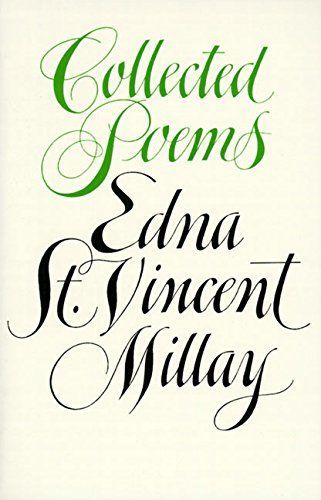
Collected Poems
Edna St. Vincent Millay (1892-1950), winner in 1923 of the second annual Pulitzer Prize for Poetry, was a daring, versatile writer whose work includes plays, essays, short stories, songs, and the libretto to an opera that premiered at New York's Metropolitan Opera House to rave reviews. Millay infused new life into traditional poetic forms, bringing new hope to a generation of youth disillusioned by the political and social upheaval of the First World War. She ventured fearlessly beyond familiar poetic subjects to tackle political injustice, social discrimination, and women's sexuality in her poems and prose. In the 1920s and '30s, Millay was considered a spokesperson for personal freedom in America, particularly for women, and we turn to her lines to illuminate the social history of the period and the Bohemian lifestyle she and her friends enjoyed. Yet Millay's poetry is still decisively modern in its message, and it continues to resonate with readers facing personal and moral issues that defy the test of time: romantic love, loss, betrayal, compassion for one another, social equality, patriotism, and the stewardship of the natural world. Collected Poems features Millay's incisive and impassioned lyric poetry and sonnets, many of which are considered among the finest in the language, as well as the poet's last volume, Mine the Harvest, compiled and published in 1956 by her sister Norma Millay.